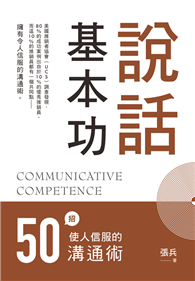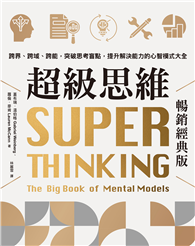This book utilizes an approach that centers on remix theory and conceptual metaphor theory, arguing for an examination of the study of religion via a model for analyzing cultural constructs that the author terms Remix+/-. After discerning the metaphorical correspondences underlying his argument, the author claims that the shift in conceptual and terminological framing remix provides can assist in understanding religious phenomena and developments differently, paying close attention to the sorts of meanings, implications, and assumptions that are disrupted and subverted as a result. The chapters indicate how notions of originality, authenticity, and authority are problematized and challenged from the perspective modeled by Remix+/-, with Buddhist philosophy occupying a significant role in the demonstrative examples. This book will be of interest to remix theorists and conceptual metaphor theorists because it advances a new approach to applying both remix and metaphor to the study of cultural constructs. It will also be valuable for those studying religion and digital culture--especially Buddhist thought and practice--as it proposes a new lens through which religiosity can be defamiliarized and critically analyzed.
| FindBook |
有 1 項符合
Religions Are Remixes: Rethinking Originality, Authenticity, and Authority in the Study of Religion的圖書 |
 |
Religions Are Remixes: Rethinking Originality, Authenticity, and Authority in the Study of Religion 作者:Walker 出版社:Routledge 出版日期:2024-07-26 語言:英文 規格:精裝 / 224頁 / 普通級/ 初版 |
| 圖書館借閱 |
| 國家圖書館 | 全國圖書書目資訊網 | 國立公共資訊圖書館 | 電子書服務平台 | MetaCat 跨館整合查詢 |
| 臺北市立圖書館 | 新北市立圖書館 | 基隆市公共圖書館 | 桃園市立圖書館 | 新竹縣公共圖書館 |
| 苗栗縣立圖書館 | 臺中市立圖書館 | 彰化縣公共圖書館 | 南投縣文化局 | 雲林縣公共圖書館 |
| 嘉義縣圖書館 | 臺南市立圖書館 | 高雄市立圖書館 | 屏東縣公共圖書館 | 宜蘭縣公共圖書館 |
| 花蓮縣文化局 | 臺東縣文化處 |
|
|
圖書介紹 - 資料來源:博客來 評分:
圖書名稱:Religions Are Remixes: Rethinking Originality, Authenticity, and Authority in the Study of Religion
|











